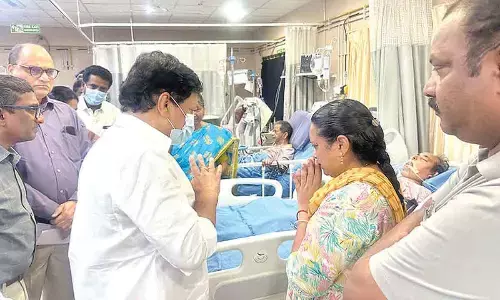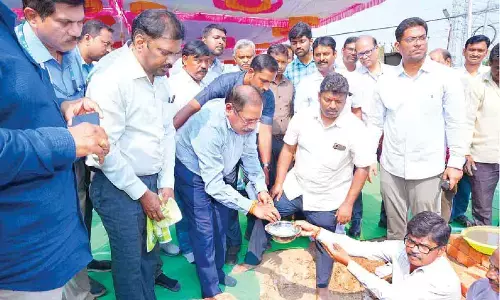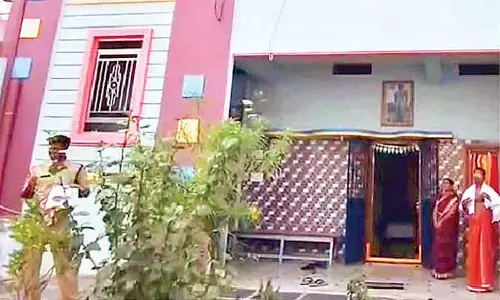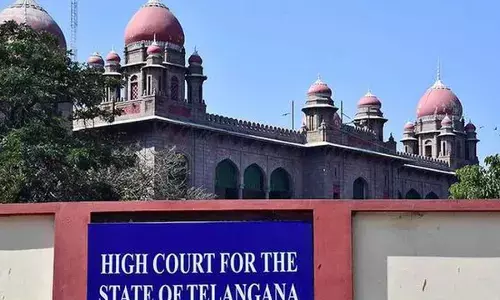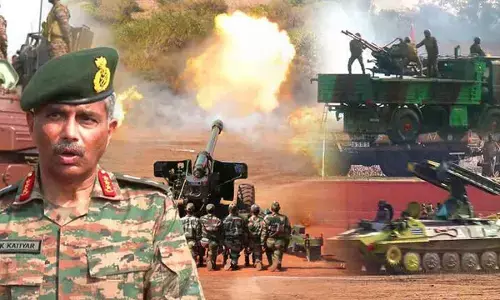Extend lockdown, need more PPEs
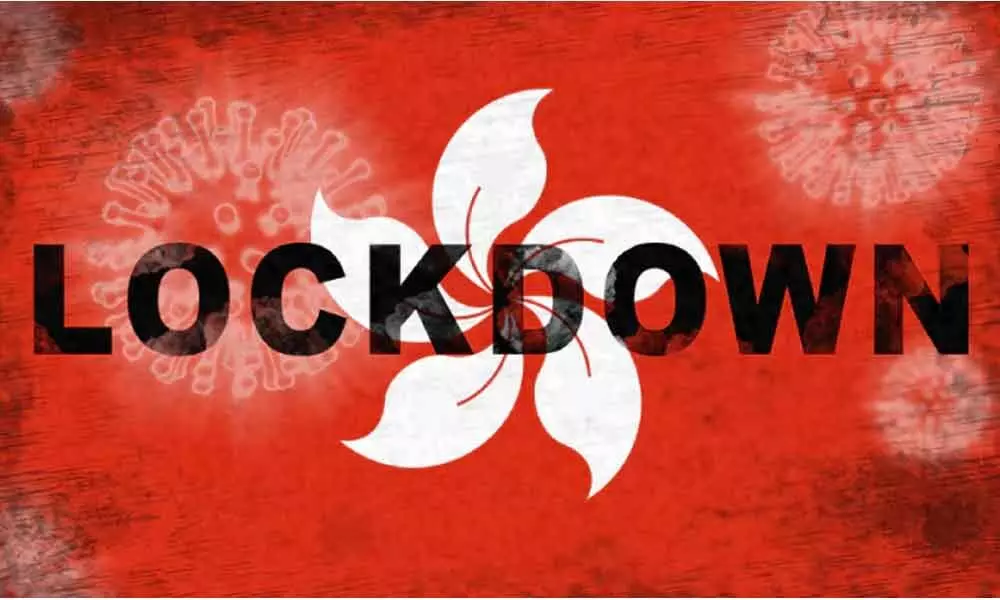
Suggest IAS officers in national survey
New Delhi: As many as 410 civil servants in a feedback survey to the Prime Minister's Office said the lockdown should stay till the Covid-19 pandemic is controlled and asked to increase fiscal spending on health infrastructure.
While 410 officers, comprising District Collectors and District Magistrates, registered online for the survey, some have not answered all 23 questions. So, the survey has taken into account only the 266 completely filled forms.
The 'National Preparedness Survey on COVID-19' says in its prelude to one of the questions that the government's aim was to "evade further community transmission" and chalk out a strategy in case community transmission takes place.
The numbers threw up a grim picture for the Centre.As many as 47 per cent of the officers "felt that inadequate availability of Personal Protection Equipment (masks, gloves etc.) in District/ Sub-District Hospitals is an area of concern," the survey said.
Around 28 per cent said there were not enough isolation beds, and 60 per cent said district hospitals did not have adequate ICU beds.
Around 71 per cent said there were not enough ventilators in the battle against COVID-19. As much as 34 per cent respondents felt the local hospitals were "not equipped" to face the outbreak.
The survey, conducted by the Department of Administrative Reforms and Public Grievances, under the Ministry of Personnel, included IAS officers from batches 2014-18 who did stints in Union ministries as Assistant Secretaries before being posted in their respective cadres.
In an endorsement of the Centre's strategy, an overwhelming 96 per cent respondents noted that the lockdown is "an effective way" to contain the outbreak, even as 31 per cent felt that people in the districts and villagers are "alarmed and panicking".
Asked what is the one thing the government should do, the replies were compiled into 21 responses. Chief among them was that the lockdown period should be extended "till Covid-19 is not controlled".
"Furthermore," the survey stated, "any instances of non-adherence to curfew/ lockdown should be dealt with harshly particularly where gathering of more than 50 people."
In a similar vein, another response said the 21-day lockdown should be cautiously reviewed, "as it may as it may lead to wider spread of the virus."
Among key actions recommended by the respondents was the need to test more people to find more positive cases.
"The survey highlighted the need for quick redressal of under-reported cases…on account of under-testing people due to various challenges like paucity of testing kits, no data on travel history, sudden migration of wage workers across states; as this may actually end up in further transmission," said one key action point.
The survey also threw up unique problems faced by district administrations in the fight against the outbreak.
Information collection regarding foreign travel history of people in the district and states was emphasised, as most people hid their travel history, thereby resulting in delay of contact-tracing and prevention of human-to-human transmission, said one of the findings.
"Post-lockdown, thousands of migrants moved from metros to rural hinterlands. They were unwilling for health check-ups, taking samples and testing on route," the survey found.
Among the "one thing the government should do", the survey reports: "Continue the lockdown for an extended period if necessary.
The 21-day lockdown period is to be used to identify more positive cases and quarantine all those who were in contact with them."



